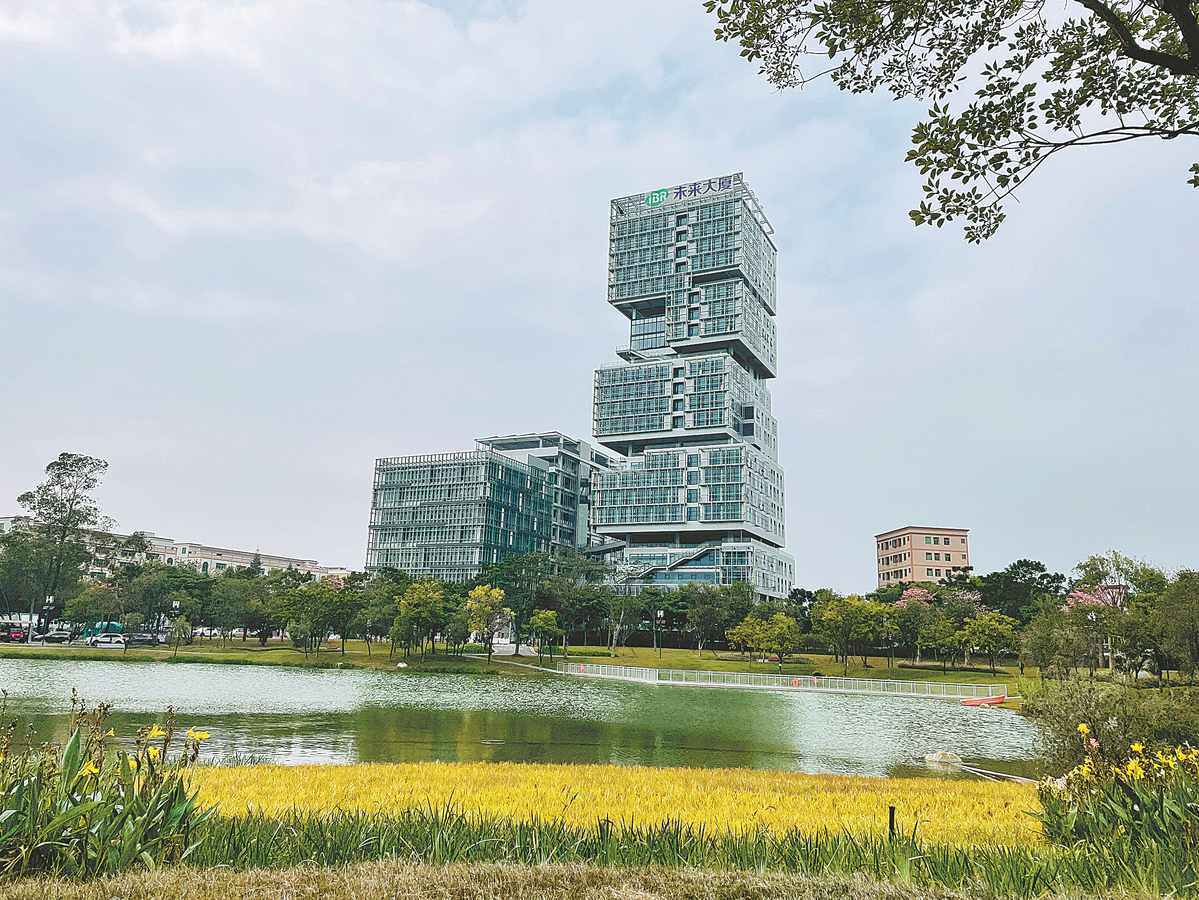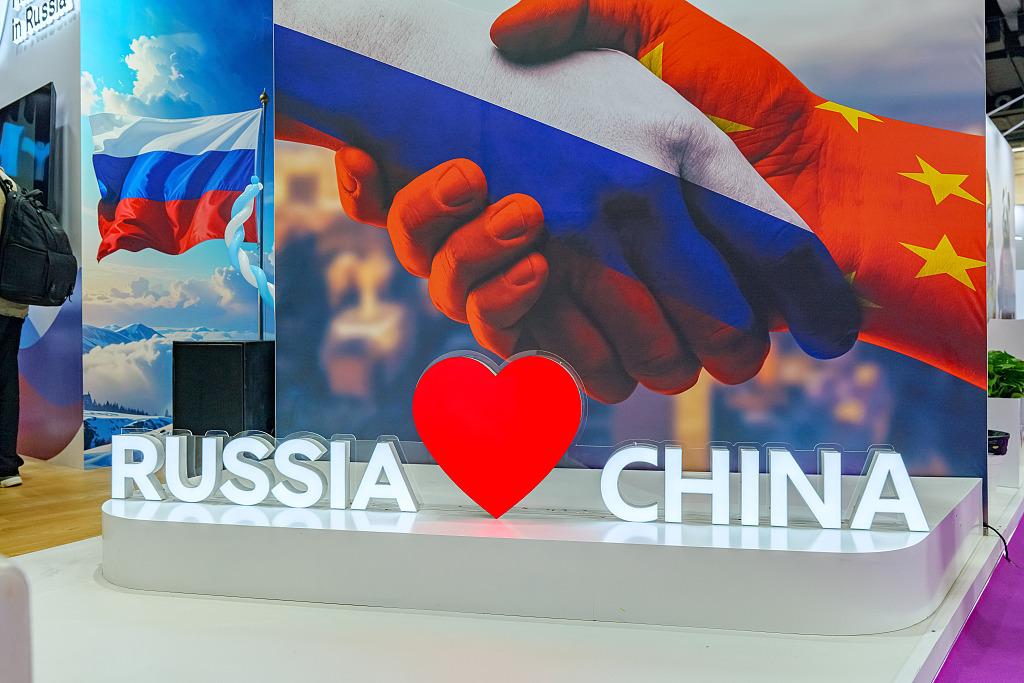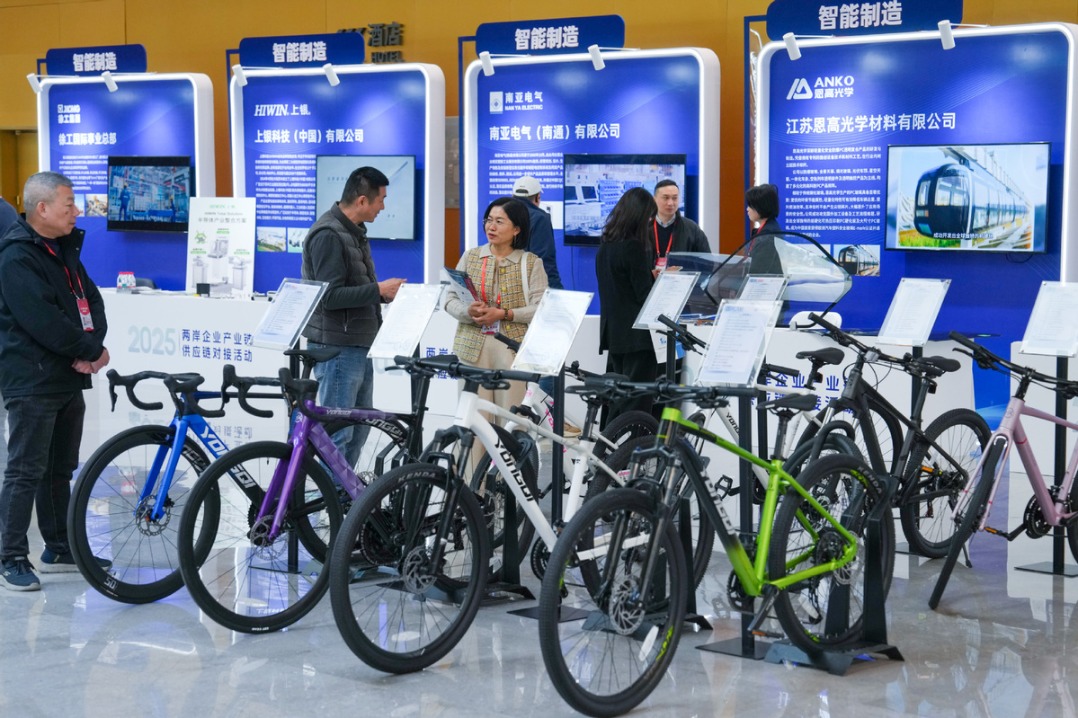Multinationals blaze green path toward China's 'dual carbon' goals
Xinhua | Updated: 2022-06-22 10:32

QINGDAO -- Multinational representatives at a summit in Qingdao, East China's Shandong province, said that China's "dual carbon" goals raise up low-carbon technologies. They said they will seize investment opportunities and participate in the country's green transformation.
The third Multinationals Qingdao Summit was held from June 19 to 21 as part of the country's efforts to press ahead with its high-level opening-up and promote global economic recovery.
Green development is building momentum for global economic and social progress, and enterprises are the pioneers and major players in the green transformation, said Wu Yabin, head of the United Nations Industrial Development Organization Investment and Technology Promotion Office (ITPO) in Beijing.
Multinationals in China have been investing in the new energy sector in recent years. Last year, US-based industrial gases manufacturer Air Products established a hydro fueling station in Shandong's Zibo to support the city's green public transport and logistics services. The station was built entirely by Dow and the company is solely responsible for operations.
"We aim to bring frontier technologies and solutions to support China in achieving its 'dual carbon' goals," said Saw Choon Seong, China president of Air Products. He said that projects involving hydropower, gasification and carbon capture and utilization will be launched.
China has vowed to tackle climate change and unswervingly follow the path of green and low-carbon development. It has pledged to peak carbon dioxide emissions before 2030 and achieve carbon neutrality before 2060.
US chemical giant Dow has been operating in China for over 40 years, and is assessing a carbon capture project to be installed at the Zhangjiagang production base in East China's Jiangsu province, according to Jon Penrice, president of Dow Asia Pacific. He said that 30,000 tons of carbon dioxide emissions at the base can be captured annually.
Beyond its own green drive, Dow has collaborated with local detergent and dairy companies to recycle packaging, and with bike-sharing company Meituan Bike to convert unusable tires into basketball courts in rural China.
China's manufacturing supply chains are experiencing a transformation toward low-carbon energy consumption, resource circulation, clean production and green products, according to a report released at the summit by the Chinese Academy of International Trade and Economic Cooperation under the Ministry of Commerce.
Multinationals are competitive when it comes to the green transformation of manufacturing supply chains, with advanced technology standards as well as investment and operations models, the report said.
"In the first five months this year, our purchase amount in China increased around 60 percent year-on-year," said Cao Yang, Baker Hughes' vice-president and president for China. To help with energy storage issues, the US-based energy company is holding talks with various local governments to enable green ammonia and green hydrogen application scenarios.
In a low-carbon and green context, China's opening-up is accelerating with an optimized business environment. And this is leading to steady expectations and essential opportunities for multinationals, including Hughes, Cao said.
























